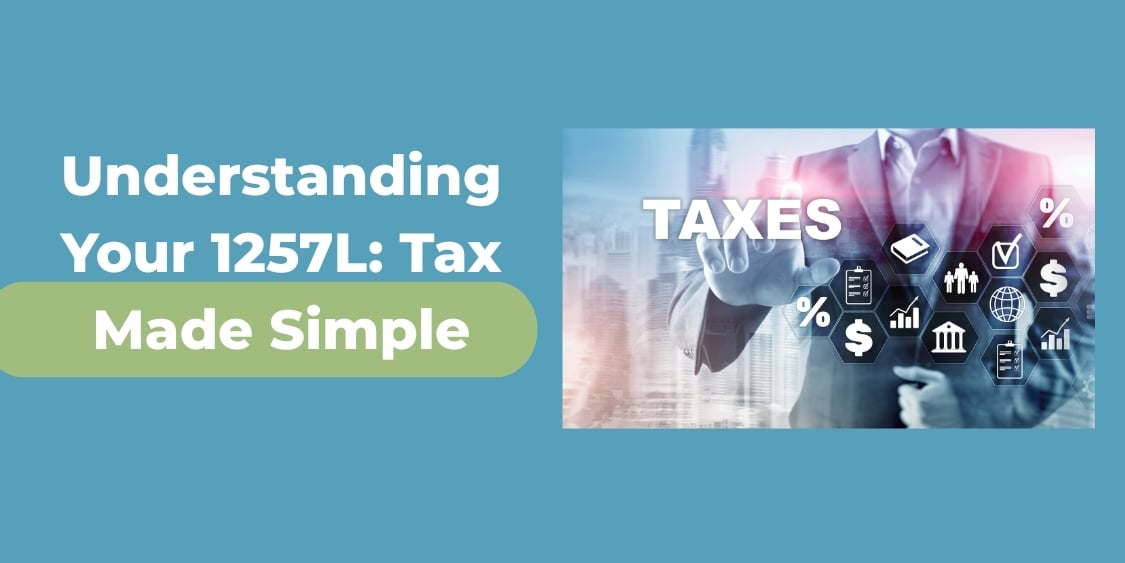Navigating the Financial Year 2024/25
The financial year can feel like a whirlwind for both business owners and individuals alike. With crucial deadlines to meet, complex rules to follow, and taxes to manage, it’s easy to feel overwhelmed. However, staying on top of key dates doesn’t just help you avoid penalties; it’s a chance to take control of your finances and make smarter decisions for the year ahead. Whether you’re a business owner or completing your Self Assessment, knowing what’s due and when can make the whole process smoother.
Why These Deadlines Matter
The financial year is a critical time for managing your finances. Missing key deadlines can lead to significant penalties and interest charges, making it essential to stay on top of the important dates. More than just avoiding fines, meeting deadlines allows you to stay compliant with HMRC regulations, maintain smooth business operations, and maximise opportunities for strategic tax planning.
Avoiding Penalties:
Late submissions or payments often result in penalties that increase the longer the delay continues. For example, Self Assessment returns filed after the deadline incur an automatic £100 penalty, and interest will accrue on unpaid tax liabilities. Missing deadlines can also prompt HMRC audits, potentially resulting in more significant fines and legal consequences.
Maintaining Compliance:
Adhering to HMRC deadlines ensures you stay on good terms with stakeholders, including employees, shareholders, and HMRC itself. Timely, accurate submissions demonstrate your commitment to professional standards, reducing the risk of audits and scrutiny.
Strategic Planning Opportunities:
Key financial deadlines aren’t just about avoiding penalties—they also provide opportunities to optimise your financial strategy. You can take full advantage of tax allowances, like capital gains tax exemptions or pension contributions, by planning ahead. Proactive tax planning reduces your liability, improves cash flow, and sets a strong foundation for the next financial year.
Key Financial Deadlines to Remember for 2024/25
January 2025:
- 1 January: Education and boarding services provided by independent schools will no longer qualify for VAT exemption, now subject to a standard VAT rate of 20%.
- 19 January: Deadline for employers and contractors to submit PAYE, Student Loan, and CIS deductions for the period ending 5 January 2025.
- 31 January: Final date for submitting your 2023/24 Self Assessment tax returns online and paying any outstanding tax liabilities. This is also the deadline for making the first payment on account for the 2024/25 tax year.
February 2025:
- 1 February: Alcohol Duty rates for non-draught products increase, while duty on draught products is reduced by 1.7%.
- 2 February: Deadline for submitting P46 (car) forms for any changes in car or fuel benefits provided to employees.
- 14 February: Deadline to request a deferral of Class 1 National Insurance Contributions for the 2024/25 tax year.
- 19 February: Deadline for PAYE, Student Loan, and CIS deductions for the period ending 5 February 2025.
March 2025:
- 1 March: New Advisory Fuel Rates (AFR) for company car users take effect.
- 3 March: A 5% late payment penalty applies to any outstanding 2023/24 tax liabilities that were due on 31 January 2025.
- 19 March: PAYE, Student Loan, and CIS deductions for the period ending 5 March 2025 must be submitted.
- 31 March: Stamp Duty thresholds will revert to previous levels, possibly causing a spike in transactions as buyers and sellers rush to complete deals.
April 2025:
- 1 April: National Living Wage (NLW) increases, and a new 40% business rates discount for businesses in retail, hospitality, and leisure sectors is introduced.
- 5 April: Final day of the 2024/25 tax year—critical for year-end tax planning.
- 6 April: Start of the 2025/26 tax year—an opportunity to revisit financial plans and tax strategies.
How to Stay Organised for the Financial Year 2024-25
Using Digital Tools:
Accounting software such as Xero, QuickBooks, or Sage can simplify the process of tracking financial deadlines. These tools can send reminders for upcoming submissions and payments, helping you stay organised and compliant. We can assist you in choosing the best tools for your business, ensuring you remain efficient.
Setting Reminders:
Creating a compliance calendar with internal reminders for key deadlines helps ensure that your team is prepared. Set aside time in your workflow to gather the necessary documentation, review it, and make sure everything is in order before the due date.
Professional Support:
Working with an experienced accountant like Breaking the Mould Accounting ensures that all your tax, payroll, and Self Assessment filings are handled efficiently. We can help you stay on top of financial year deadlines, optimising your tax strategy and providing peace of mind that your financial obligations are being met.
How We Can Help
At Breaking the Mould Accounting Limited, we offer decades of expertise in managing complex tax and accounting needs for businesses and individuals across the UK. Our services include:
- Tax Planning & Compliance: We provide personalised tax strategies that optimise your financial position while staying aligned with UK tax laws.
- PAYE & CIS Compliance: We ensure your payroll deductions and contractor payments under the Construction Industry Scheme (CIS) are handled properly and submitted on time.
- Deadline Management: We’ll help you keep track of important deadlines and ensure timely submissions to avoid penalties.
- Year-End Financial Statements: We make sure your accounts are accurate, compliant, and submitted on time, ensuring transparency and avoiding late filing penalties.
Financial Year Deadline FAQs
What happens if I miss a tax deadline?
Missing a tax deadline can result in penalties, increasing the longer you wait. Contact HMRC or your accountant immediately to address missed deadlines and reduce further charges.
Can I adjust my PAYE or Self Assessment deadlines?
HMRC deadlines are fixed. Early preparation and organisation are key to ensuring your submissions are made on time.
What is the difference between PAYE monthly and quarterly payments?
Most businesses make monthly PAYE payments, but small employers with total monthly deductions under £1,500 may choose quarterly payments to simplify cash flow.
How can we help with tax deadlines?
BTM Accounting offers comprehensive support in managing all tax deadlines, from preparing and submitting returns to ensuring timely payments. You can focus on your business while we handle the details.
What are Advisory Fuel Rates, and why do they matter?
Advisory Fuel Rates help calculate tax-free reimbursements for company car users. Staying updated on these rates ensures compliance with HMRC guidelines.
By partnering with Breaking the Mould Accounting Limited, you’ll be able to manage your finances effectively, stay compliant, and make strategic decisions that enhance your financial position.
Get in touch with us today for personalised advice and support to navigate the financial year with confidence.




.jpg)
